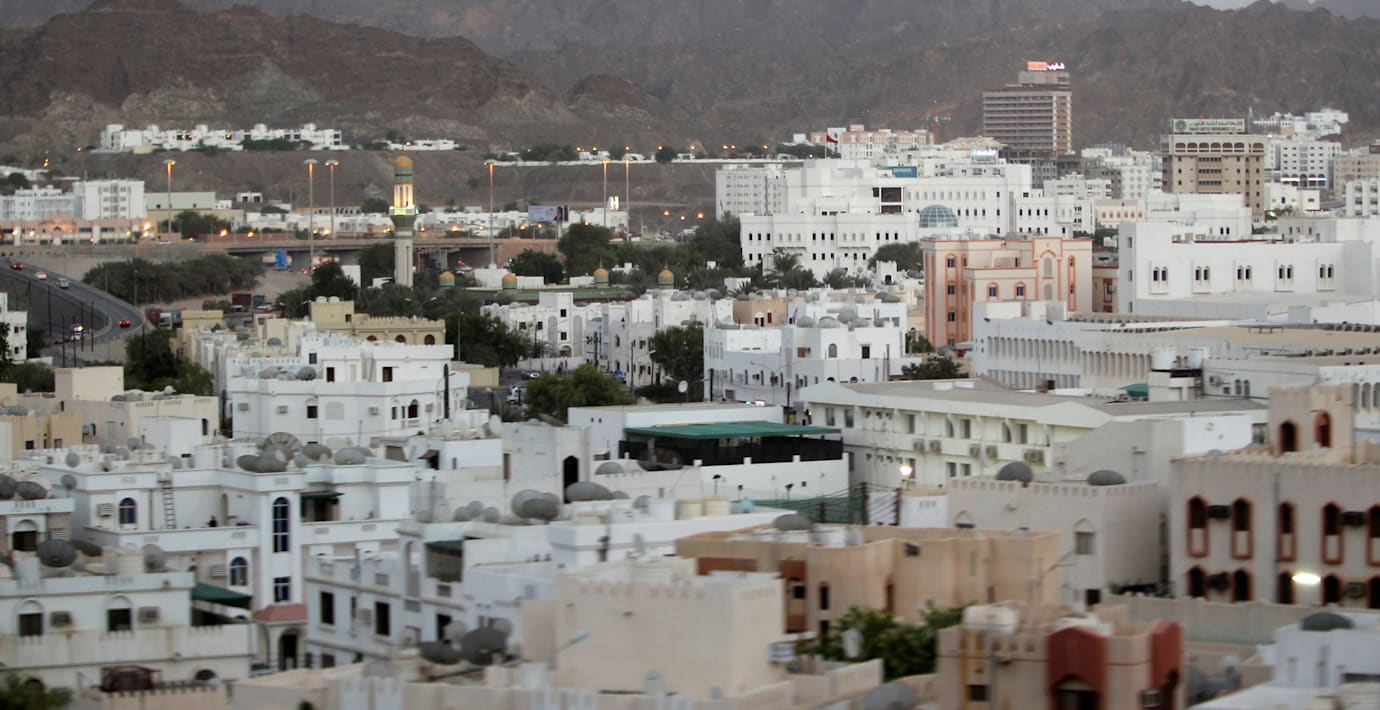
Boende i chock: Aldrig hört talas om något liknande
Våldsdåd är mycket ovanliga i Oman. Boende är skärrade efter dådet där fyra pakistanska medborgare sköts ihjäl och över 30 skadades.
– Jag har aldrig hört talas om något liknande här, inte under de 40 år jag har levt i Muscat, säger 42-åriga lärare Salma Ahmad till tidningen The National.
Av de fyra miljoner invånarna i Oman är ungefär 40 procent utländska medborgare som arbetar i landet. De pakistanska offren var shiamuslimer, som utgör en minoritet på fem procent i Oman.
Basil Al Lawati, 20, bor i närheten av Imam Alki–mosken i Muscat och hörde skotten.
– Den som gjort detta försöker bara skapa hat men vi kommer att vara enade och bli, ännu starkare. Vi har olika tro och etnicitet men vi lever här i harmoni, säger han.
bakgrund
De största religiösa grupperna är sunnimuslimer och ibadimuslimer
Wikipedia (en)
Oman, officially the Sultanate of Oman, is a country in West Asia. It is located on the southeastern coast of the Arabian Peninsula, and overlooks the mouth of the Persian Gulf. It shares land borders with Saudi Arabia, the United Arab Emirates, and Yemen, while sharing maritime borders with Iran and Pakistan. The capital and largest city is Muscat. Oman has a population of nearly 4.7 million and is the 124th most-populous country. The coast faces the Arabian Sea on the southeast, and the Gulf of Oman on the northeast. The Madha and Musandam exclaves are surrounded by United Arab Emirates on their land borders, with the Strait of Hormuz (which it shares with Iran) and the Gulf of Oman forming Musandam's coastal boundaries.
From the 17th century, the Omani Sultanate was an empire, vying with the Portuguese and British empires for influence in the Persian Gulf and the Indian Ocean. At its peak in the 19th century, Omani influence and control extended across the Strait of Hormuz to Iran and Pakistan, and as far south as Zanzibar. In the 20th century, the sultanate came under the influence of the United Kingdom. For over 300 years, the relations built between the two empires were based on mutual benefit. The UK recognized Oman's geographical importance as a trading hub that secured British trading-lanes in the Persian Gulf and Indian Ocean and protected London's interests in the Indian sub-continent. Oman is an absolute monarchy led by a sultan, with power passed down through the male line. Qaboos bin Said was the Sultan from 1970 until his death on 10 January 2020. Qaboos, who died childless, had named his cousin, Haitham bin Tariq, as his successor in a letter, and the ruling family confirmed him as the new Sultan of Oman.
Formerly a maritime empire, Oman is the oldest continuously independent state in the Arab world. It is a member of the United Nations, the Arab League, the Gulf Cooperation Council, the Non-Aligned Movement and the Organisation of Islamic Cooperation. It has oil reserves ranked 22nd globally. In 2010, the United Nations Development Programme ranked Oman as the most-improved country in the world in terms of development during the preceding 40 years. A portion of its economy involves tourism and trading fish, dates and other agricultural produce. The World Bank categorizes Oman as a high-income economy and as of 2023 Oman ranks as the 48th most peaceful country in the world according to the Global Peace Index.
Omni är politiskt obundna och oberoende. Vi strävar efter att ge fler perspektiv på nyheterna. Har du frågor eller synpunkter kring vår rapportering? Kontakta redaktionen

